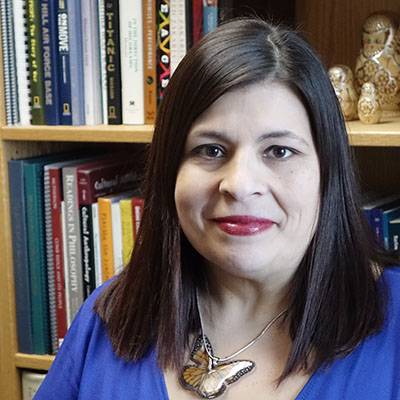That's What White Women Do (We Don't Do That)

I remember very distinctly the first time I had an inkling that I may have depression. I was sitting in the waiting room of my pediatrician’s office. I was about twelve-years-old. There was this brochure with questions about depression. I sat there mentally answering the questions and realizing that I was saying yes to almost every one. I even answered the question on the one topic I had been taught that you NEVER talk about.
“Have you ever wanted to hurt yourself or had thoughts of dying?”
I whispered in my heart, “Yes.” Just a few months earlier, I had swallowed a bunch of pills, laid down on my parents’ bed, and waited to die. But as I was waiting, I got scared because I had remembered learning in Spanish mass that people who kill themselves don’t get into heaven. So, I called the Poison Control Center…. the only place I knew to call because they had these stickers that were given to kids in elementary school. It was a sticker of a blue cartoon police officer with a lime green background, his hands crossed over his mouth. I was crying and explained to the woman on the other side that I had “accidentally” taken too many pills.
“How many did you take sweetheart,” she asked.
“Five,” I answered. I was lying.
“Are you sure, honey?” She had a kind voice and I have always been a terrible liar. She had me figured out. I spilled it all out.
“I am so sorry sweetie!” She asked me my name and address but I refused to give it to her because I was afraid I would get in trouble with my mother or embarrass the family. She gave me instructions and asked me to call back when I was okay. I don’t remember calling her back. I just remember her saying, “You need to get help” and then saying THAT word…. suicide.
The ONE time I remember talking to my mother about feeling depressed, she asked, “You wanna die? I can kill you if you wanna die?!! What do you have to be depressed about? Your Papi[i] and I give you kids a good life. You have everything!” I felt guilty because my mother and all the important women in my life had really rough lives marked by poverty and filled with abuse. My mother is the embodiment of the classic immigrant story. She came from Mexico, took care of my Tias and Tios[ii], found her place in the U.S. and assembled a successful life. Who was I to complain? Why was I so weak?
Later, she came and told me that when I was feeling sad I should just pray and ask God for forgiveness for not being grateful for my life. Just pray. “I think I need therapy, mom,” I said nervously. “No, mija[iii]…we don’t do that. That’s what weak White women do. We are not weak. The women in our familia[iv] are strong.”
WE don’t do that. Those words rattled around in my brain for years. WE don’t do that. WE are strong Latinas. WE are faithful Latinas. WE are too busy working for a better life. WE don’t share private things with strangers and WE definitely DO NOT share our “dirty laundry.” WE survive. WE fight. WE pray. WE are not like weak White women with too much time on their hands.
So, I did what I knew how to do best. I excelled in education and I worked. Later in life, I married my best friend. We became parents to a beautiful child. I had a fulfilling, rewarding career and was contemplating a PhD. But still, there was this ever-present cloud in my life. No matter how much I prayed. No matter how much I worked out. No matter what I did, I could not get rid of “the cloud.” I knew something was wrong…something in my brain. To the world I was this happy, outgoing, energized woman who was “always smiling.” On the inside, however, I was hurting. It was dark. I was in pain. I was exhausted. Nobody knew except my husband. With his encouragement, I finally sought help. I was 35 years old.
I was diagnosed with Major Depressive Disorder. It took some time for my doctor and I to find the right combination of medications. I FINALLY found the right therapist after meeting several people who treated me more like a “fascinating” case study than a patient. My career is dedicated helping people understand race and difference. I did not want to have to teach my therapist as well. My therapist asked if I would like to try a form of psychotherapy called EMDR (Eye Movement Desensitization and Reprocessing). I was willing to try anything. The healing I experienced in our sessions was amazing. All the pain. All the sadness. All the fear…. finally made sense. As the years progressed, the cloud dissipated, forgiveness, confidence and love flowed and I could see the sun shine again.
While there are still tough times, “the cloud” no longer darkens my life. Getting help did not compromise my identity or the principles I had learned throughout life. I am still a proud, strong, and faithful Latina who is dedicated to her family. I just learned that it takes more strength to admit I need help than to suffer in silence. Today, I am fairly open about my depression. I share my story with students…especially with those who may have grown up with the same misunderstanding I had about mental health. That 12-year-old girl finally loves herself. She got help. In sharing my story, I hope I can help others reach out for help sooner than I did.
[i]Father
[ii]Aunts and Uncles
[iii]A term of endearment generally; A short form of mi hija…my daughter, specifically.
[iv]Family

